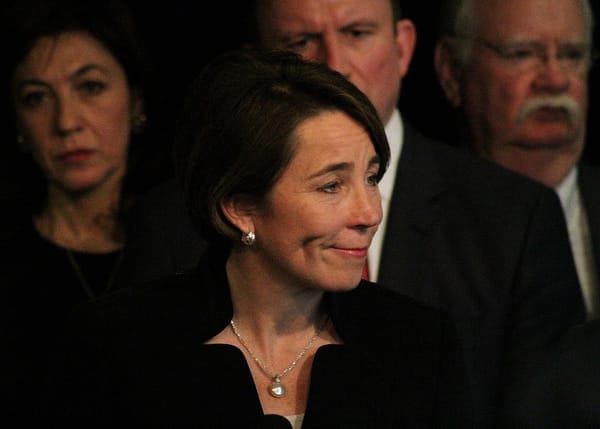Tiny Tax Cut Next Year Inching Toward Finish Line; Gratitude Hard To Find

Some 30 years after state legislators passed a temporary increase in the state's income tax, the rate in Massachusetts may return to 5 percent in 2020.
Governor Charlie Baker announced that several economic thresholds have been met as set forth by state law to trigger an automatic reduction in the state's income tax rate from 5.1 percent in 2018 to 5.05 percent in 2019, which begins in two weeks.

